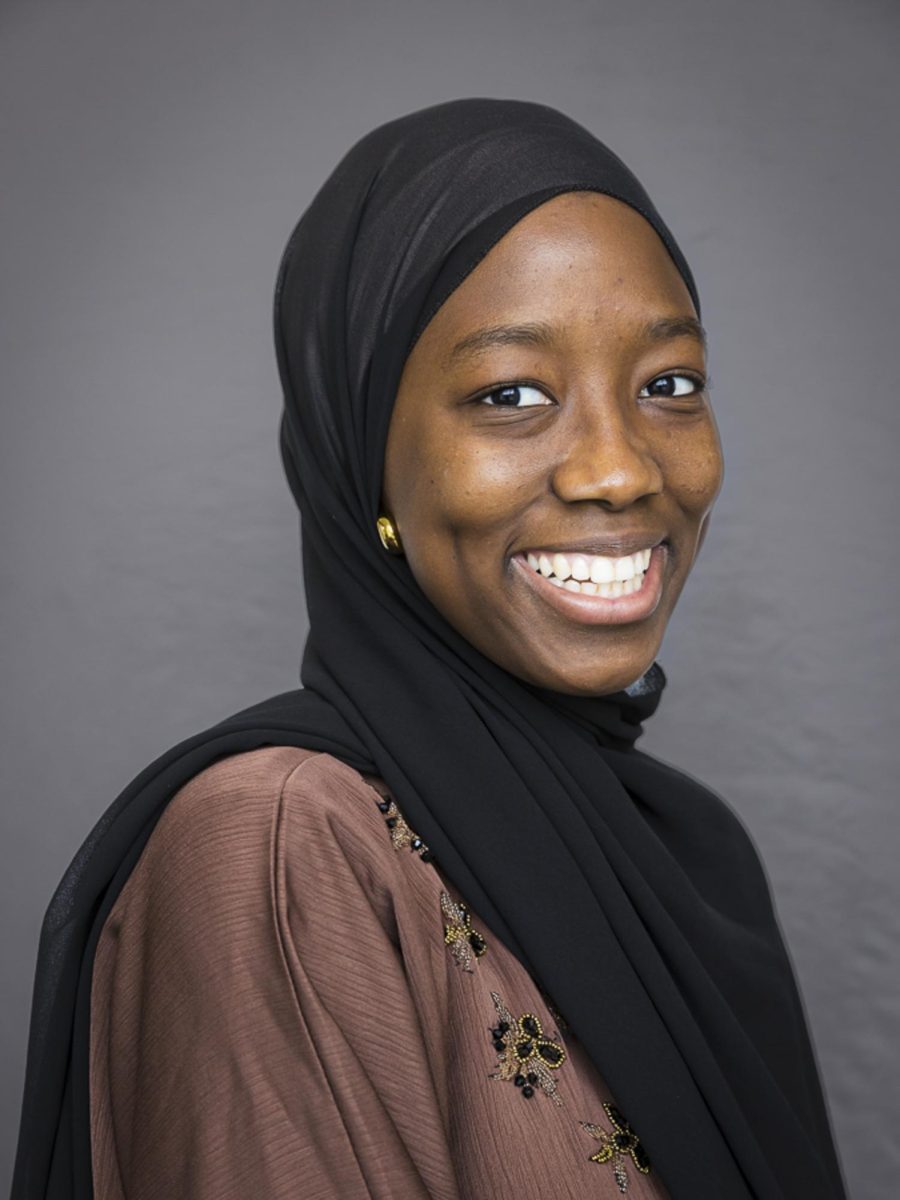At Tuesday’s faculty meeting, the faculty approved changes to the Writing requirement which would expand the current two-course requirement to three courses.
The motion passed by a vote of 96 to 14.
Under the new requirements, which will go into effect beginning with next fall’s incoming class, students will be required to take three courses over their college career that have been assigned to the following categories: argumentative writing, writing as craft and writing for practice. One of those courses will have to be completed during their first semester at Macalester, and many first year courses will fulfill that requirement.
The process for implementing these changes began four years ago in the form of a college-wide assessment of the writing requirement. In response to those findings, Murray established the Faculty Learning Committee on Writing Pedagogy in 2012 and charged them to recommend changes to the writing program. EPAG continued discussing these changes over the past year, until they were introduced to the faculty.
Joelle Vitiello, the chair of the Educational Policy and Governance Committee (EPAG), began the debate by introducing the requirements and arguing for their passage.
“These conversations have been very constructive,” Joelle Vitiello, the Chair of EPAG, said. “These requirements make the learning objectives [around writing] much more explicit.”
Vitiello also argued that these requirements are supported by students, noting that students have desired increased writing instruction, and members of MCSG were supportive of the changes when she presented them to the group.
Political Science professor Paul Dosh also expressed support for the changes, especially with regard to the increased emphasis on writing as practice. Dosh emphasized the importance of giving students the chance to write without surrounding them with constant instruction.
The debate became contentious when Anthropology professor Arjun Guneratne expressed concern about what he termed the “decoupling” of writing and the first-year course. Because students that enroll in a first year course not fulfilling a writing requirement will have to take an additional writing-designated course their first semester, that puts them at a disadvantage, Guneratne argued.
“I have no problem with the architecture of this proposal,” Guneratne said. “I have a problem with the FYC opt-out.”
Guneratne also said he surveyed one of his classes, and the majority of students disagreed with the structure of that requirement. To resolve this problem, he offered an amendment to the language which would have required all first year courses to offer either argumentative, craft, or practice writing, and remove the option for them to opt-out.
Adrienne Christiansen, the Director of the Center for Scholarship and Teaching and one of the key developers of these requirements, countered Guneratne by saying that this change is intended to address the discrepancy between first year course expectations and the reality of how much writing is actually taught in them.
According to Christiansen, 37 percent of students surveyed said their first year courses did not offer writing instruction, yet, “we act as if they do.”
Director of Academic Programs Ann Minnick also responded to Guneratne’s concerns, offering some numbers on how many students will be affected by the opt-out.
According to Minnick, five or six first year courses will opt out. Of the students this year that took FYCs in those departments, about 24 of them did not end up fulfilling their writing requirement anyway during their first semester. Only twelve students did not choose any writing-requirement FYCs as their four options when selecting courses. This, according to Minnick, minimizes the number of students affected by the writing requirement changes.
“It will not be a problem accommodating these students,” Minnick said, adding that more writing-intensive courses will be added to the schedule to meet those needs.
On a voice vote, Guneratne’s amendment failed, and debate continued on the bill.
Math professor Chad Topaz asked about future development of the program and any potential evolution of these requirements. Provost Kathy Murray responded, saying the school is waiting on next steps based on grants from the Mellon Foundation. Murray also mentioned that in his new capacity as Assistant Director of the Center for Scholarship and Teaching, Chris Wells will help oversee the writing program.
After more debate about the requirements, a motion was made for a vote. The faculty voted on these changes by paper ballot.
According to the report, the new requirements “provide a transitional foundation for our longer term goal of focusing on student learning outcomes,” saying that “the more students write, and the more ways students write, the better they will write.”
Current students will not be affected by the changes, which will go into effect beginning next fall.













Harry Wilson • Sep 11, 2019 at 1:47 pm
I enjoy your piece of work, thanks for all the good articles.
Stewart Burgess • Sep 10, 2019 at 8:09 am
What i do not understood is actually how you’re not really much more well-liked than you might be right now. You are so intelligent. You realize therefore significantly relating to this subject, made me personally consider it from a lot of varied angles. Its like men and women aren’t fascinated unless it’s one thing to accomplish with Lady gaga! Your own stuffs nice. Always maintain it up!
Victoria Howard • Sep 5, 2019 at 5:59 pm
Perfectly written content material, regards for information .